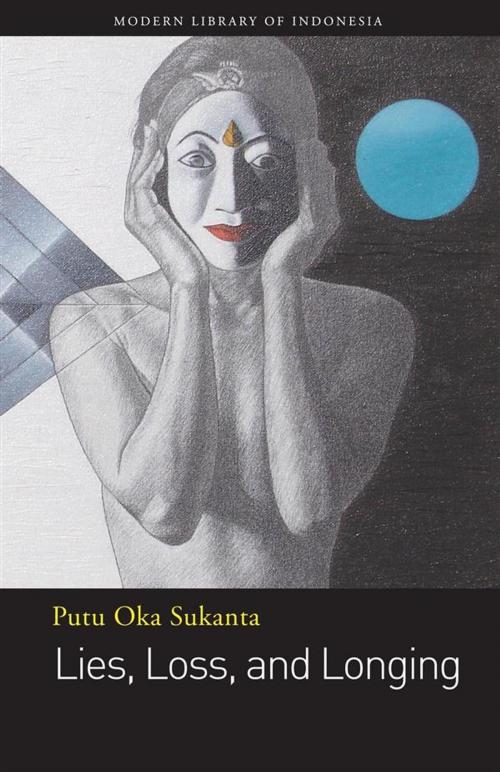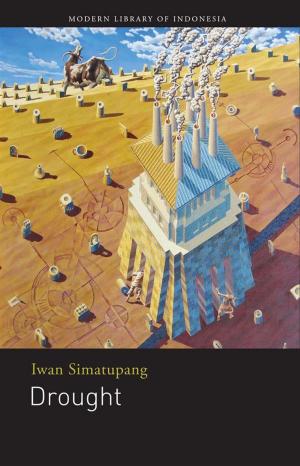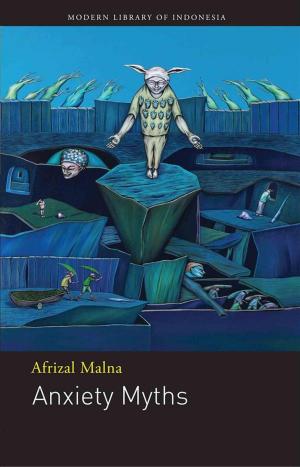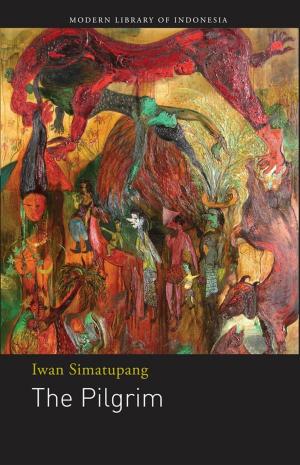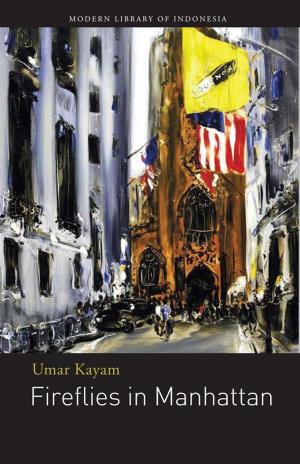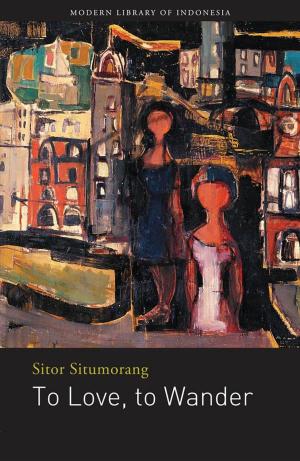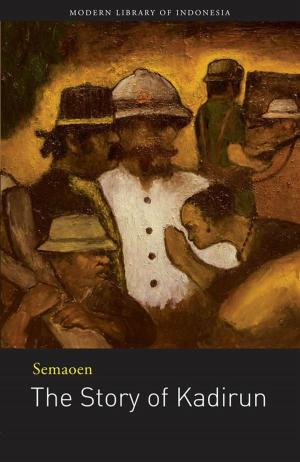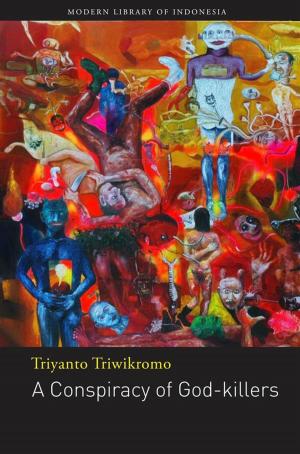| Author: | John H. McGlynn, Mary Zurbuchen, Keith Foulcher, Leslie Dwyer, Vern Cork, Putu Oka Sukanta | ISBN: | 9789881219640 |
| Publisher: | The Lontar Foundation | Publication: | January 5, 2015 |
| Imprint: | Language: | English |
| Author: | John H. McGlynn, Mary Zurbuchen, Keith Foulcher, Leslie Dwyer, Vern Cork, Putu Oka Sukanta |
| ISBN: | 9789881219640 |
| Publisher: | The Lontar Foundation |
| Publication: | January 5, 2015 |
| Imprint: | |
| Language: | English |
Putu Oka Sukanta, born into a low-caste Balinese family in 1939, began writing poetry and short stories in high school. In the early 1960s, after university studies in Yogyakarta, he moved to Jakarta where he taught high school and began to mix with leftist artists and writers. Sukanta never formally joined the Indonesian Communist Party but in 1965, when Soeharto wrested control of the country, he found himself targeted by the military. Although he escaped with his life, he was detained without trial and spent the next ten years in jail.
The stories in Lies, Loss, and Longing portray the experiences of survivors of violence. Sukanta delves deeply into ordinary suffering, using his keen eye for the mundane to expose extraordinary contradictions. Many of the characters in his stories meet a sad ending. Nonetheless, there is a strength in his characters that gives them, and us, insight into their predicaments and the changes that must happen in Indonesia. Sukanta’s work transcends location and the kinds of longing he evokes in his stories are ones we all can share.
Putu Oka Sukanta, born into a low-caste Balinese family in 1939, began writing poetry and short stories in high school. In the early 1960s, after university studies in Yogyakarta, he moved to Jakarta where he taught high school and began to mix with leftist artists and writers. Sukanta never formally joined the Indonesian Communist Party but in 1965, when Soeharto wrested control of the country, he found himself targeted by the military. Although he escaped with his life, he was detained without trial and spent the next ten years in jail.
The stories in Lies, Loss, and Longing portray the experiences of survivors of violence. Sukanta delves deeply into ordinary suffering, using his keen eye for the mundane to expose extraordinary contradictions. Many of the characters in his stories meet a sad ending. Nonetheless, there is a strength in his characters that gives them, and us, insight into their predicaments and the changes that must happen in Indonesia. Sukanta’s work transcends location and the kinds of longing he evokes in his stories are ones we all can share.
